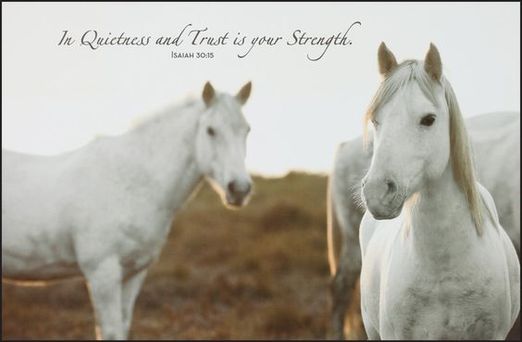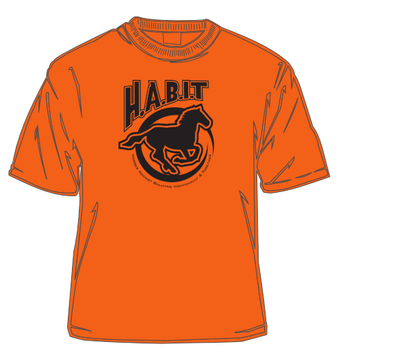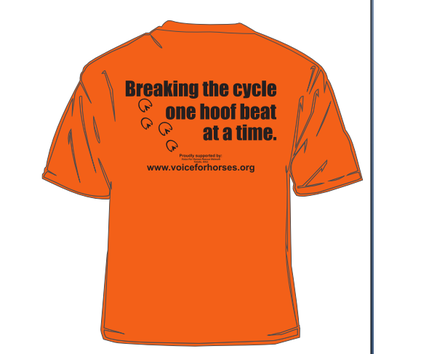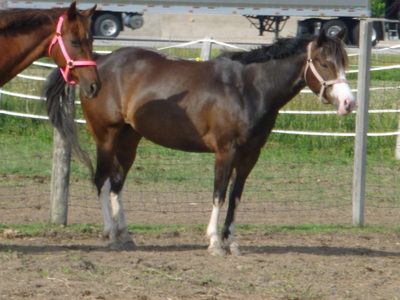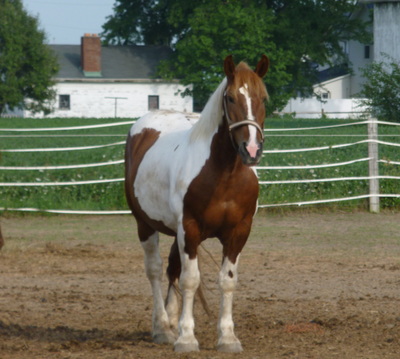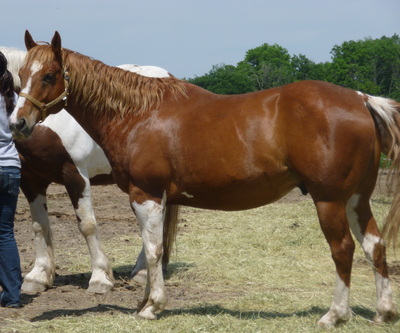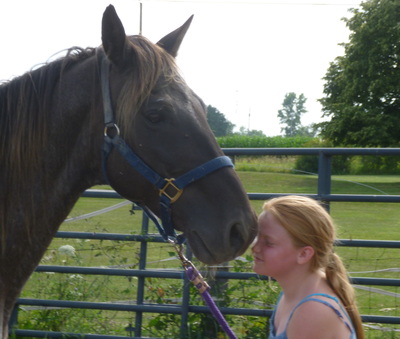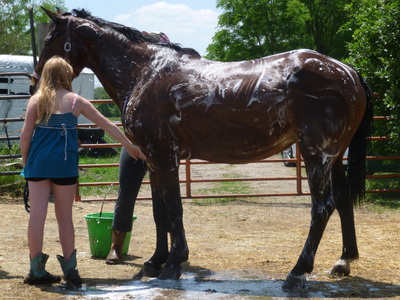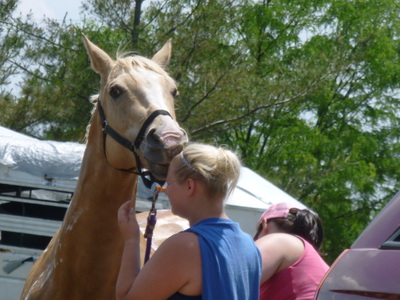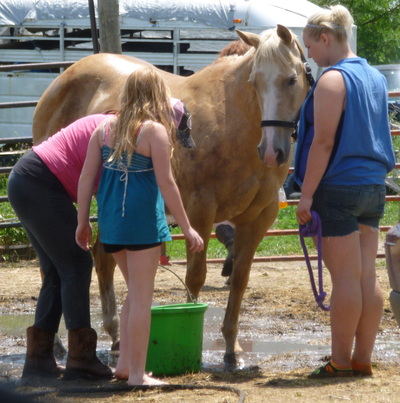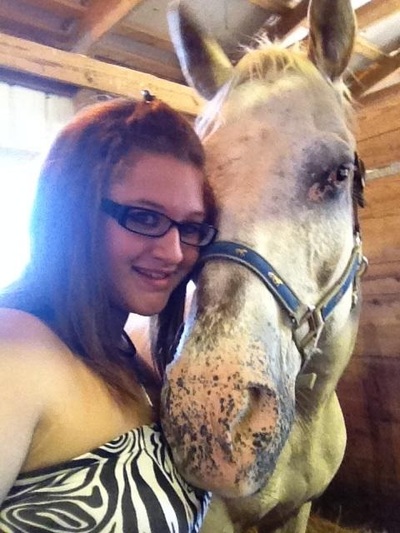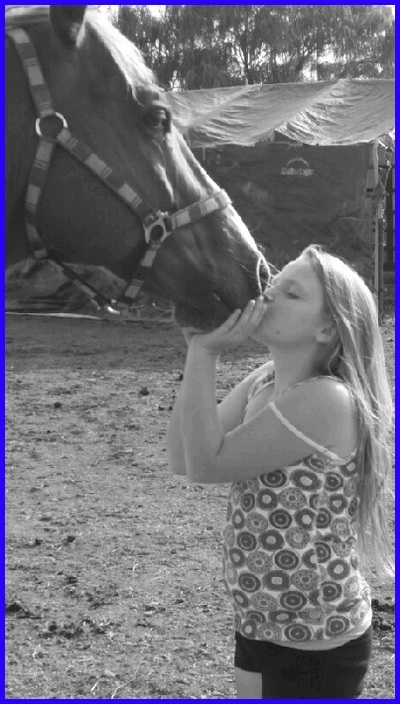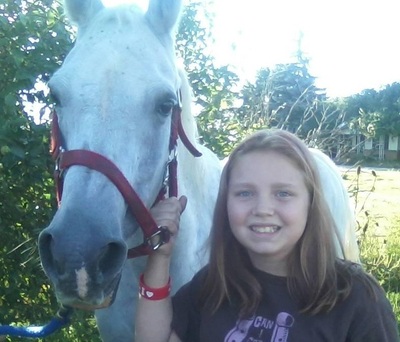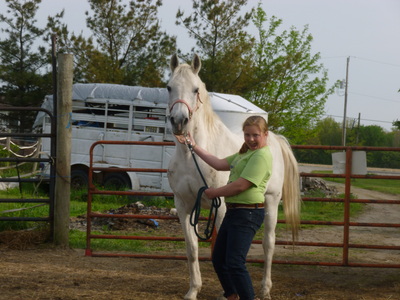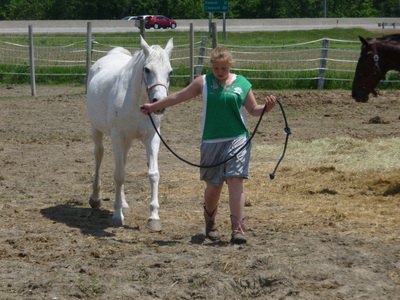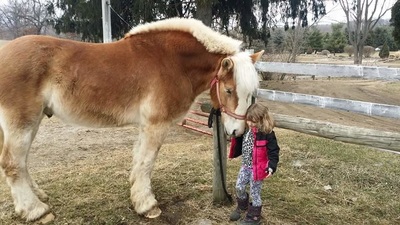What is Bullying? .
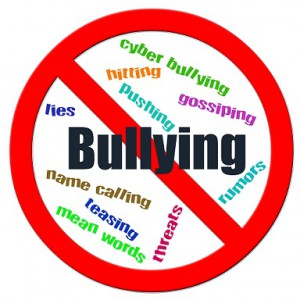
Bullying is unwanted, aggressive behavior among school aged children that involves a real or perceived power imbalance. The behavior is repeated, or has the potential to be repeated, over time. Both kids who are bullied and who bully others may have serious, lasting problems. In order to be considered bullying, the behavior must be aggressive and include:
someone physically or verbally, and excluding someone from a group on purpose.
- An Imbalance of Power: Kids who bully use their power—such as physical strength, access to embarrassing information, or popularity—to control or harm others. Power imbalances can change over time and in different situations, even if they involve the same people.
- Repetition: Bullying behaviors happen more than once or have the potential to happen more than once.
someone physically or verbally, and excluding someone from a group on purpose.
H.A.B.I.T
Horses Against Bullying Individualy & Together
Breaking the cycle one hoof beat at a time
Bullying Programs can help the victims of bullying in a variety of many ways:
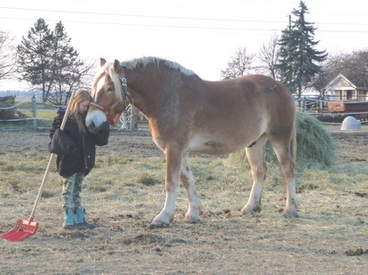
• Working with horses requires strong leadership skills which can help youth increase their self--‐confidence
• Horses are incredible listeners who won’t talk back and are perfect companion to share all of your secrets with
• Horses mirror what we’re feeling inside, helping youth understand self reflection; allowing youth to
understand their emotions and learn how to express them positively
•Targeted objectives in Equine Assisted Learning programs help learn important skills like leadership,
teamwork and effective communication
• The horse gives participants what a person can’t.
kids see bullying everyday
• Horses are incredible listeners who won’t talk back and are perfect companion to share all of your secrets with
• Horses mirror what we’re feeling inside, helping youth understand self reflection; allowing youth to
understand their emotions and learn how to express them positively
•Targeted objectives in Equine Assisted Learning programs help learn important skills like leadership,
teamwork and effective communication
• The horse gives participants what a person can’t.
kids see bullying everyday
Support Kids Who are Bullied
Listen and focus on the child. Learn what’s been going on and show you want to help.
Assure the child that bullying is not their fault.
Know that kids who are bullied may struggle with talking about it. Consider referring them to a school counselor, psychologist, or other mental health services.
Give advice about what to do. This may involve role-playing and thinking through how the child might react if the bullying occurs again.
Work together to resolve the situation and protect the bullied child. The child, parents, and school or organization may all have valuable input. It may help to:
How to Deal with Cyberbullying & Substance Abuse www.inpatientdrugrehab.org/cyberbullying-substance-abuse/
Listen and focus on the child. Learn what’s been going on and show you want to help.
Assure the child that bullying is not their fault.
Know that kids who are bullied may struggle with talking about it. Consider referring them to a school counselor, psychologist, or other mental health services.
Give advice about what to do. This may involve role-playing and thinking through how the child might react if the bullying occurs again.
Work together to resolve the situation and protect the bullied child. The child, parents, and school or organization may all have valuable input. It may help to:
- Ask the child being bullied what can be done to make him or her feel safe. Remember that changes to routine should be minimized. He or she is not at fault and should not be singled out. For example, consider rearranging classroom or bus seating plans for everyone. If bigger moves are necessary, such as switching classrooms or bus routes, the child who is bullied should not be forced to change.
- Develop a game plan. Maintain open communication between schools, organizations, and parents. Discuss the steps that are taken and the limitations around what can be done based on policies and laws. Remember, the law does not allow school personnel to discuss discipline, consequences, or services given to other children.
How to Deal with Cyberbullying & Substance Abuse www.inpatientdrugrehab.org/cyberbullying-substance-abuse/
Our Program Horses
Our program horses are horses who have come thru the rescue for one reason or another or have been adopted from another rescue. They have been adopted and are privately owned, some have special needs or have some type of health or physical issue but still have a purpose.
© 1999 Voice For Horses Rescue Network

